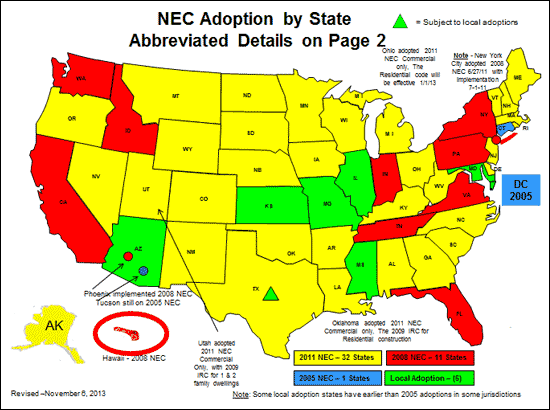I understand that unless you fall into some specific product categories that are exempt from FCC regulations, electronic products sold in the US are legally required to meet FCC EMC limits. However, there has been a lot of debate recently with some colleagues about what, if any, testing at a NRTL to safety standards is required for the US.
My understanding is that safety requirements are driven by OSHA in the US. However, my understanding is that they really only have the power to "recommend" and not really any legal authority. I've also heard it be said that local counties / cities / states may require adherence to safety standards, but I've never heard of this before other than standard electric code type stuff.
Having recently received proposals from various regulatory agencies for European approval of a product, all of which suggested different standards to test to, sometimes not even having internal agreement about what we should test to, I'm thoroughly convinced that for anything but very established product categories no one has any clue about this stuff. If you have a novel product, forget about it... And now that functional safety seems to be becoming a bigger concern things seem to be getting even worse.
I'll try to stop myself from going off on a rant about how overambitious governments and regulatory agencies are destroying innovation and causing massive inefficiency in product development, but do any safety / legal experts here know if, for the USA, there is any "legal" requirement to worry about anything other FCC for consumer electronic products (e.g. not medical or anything special like that). Does OSHA have any legal authority?

